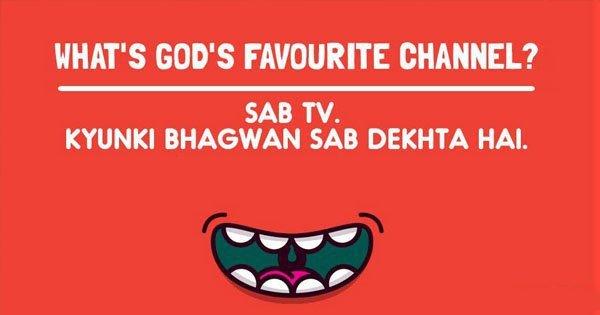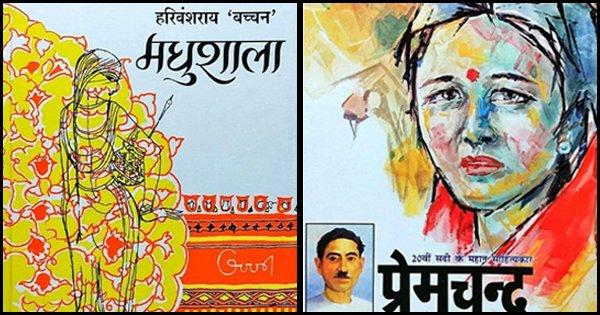No discussion on Hindi literature is complete without the mention of Munshi Premchand. He was a simple man and his simplicity reflects in his writings. His stories are a clear reflection of the conditions that prevailed in the society at that time and each one is just as captivating now as it was back in the day. You must have read a few of them in your Hindi text books, back in 7th or 8th standard. So we thought it would be a good idea to take you back to those days.
Though it’s difficult to choose just a few, we have shortlisted and summarised 10 stories from the treasure trove of the hundreds of brilliant short stories by Premchand.
1. Kafan
Without a doubt, ‘Kafan’ is one of his best short stories. It depicts the emotions and struggles of Ghisu and Madhav, the poor father and son duo, who are too lazy and passive to do anything about their situation and take up menial jobs once in a while when there’s dire need. The conversation between them when Ghisu recalls a sumptuous meal he once had at Thakur’s daughter’s wedding some 20 years ago is so painful that it shakes one to the core. Kafan is a must-read tale of how Ghisu and Madhav, with their philosophical talks, justify spending the money that they had borrowed to buy a Kafan (shroud) for Ghisu’s dead wife, on drinks and food. And yet, you’ll end up feeling sympathy for them.
You can read the full story here.
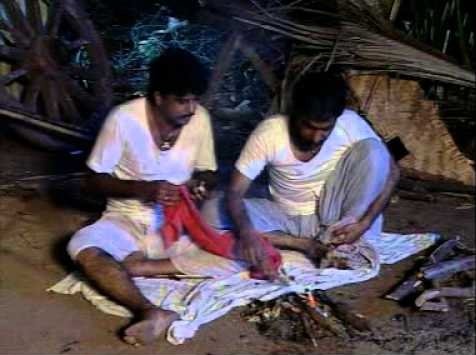
2. Do Bailon Ki Katha
Before beginning his story, Premchand asks how, of all the animals, it’s the donkey that came to be called the dumbest? He writes that maybe because its tolerance and silence are mistaken for stupidity. The Ox, Premchand believes, is another animal who suffers due to his submissive nature.
Do Bailon Ki Katha (The story of two oxen) is an emotional tale of Heera and Moti, two oxen who are best friends and committed to staying together. They are sent to a relative’s place by their loving master’s wicked wife, who ill-treats them and doesn’t feed them properly. The duo breaks free from the shackles but eventually ends up in a warehouse with so many other animals stuffed in deteriorating condition to be sold. It’s a heartwarming tale of how these friends stick together in every difficulty and finally reach home.
You can read the full story here.
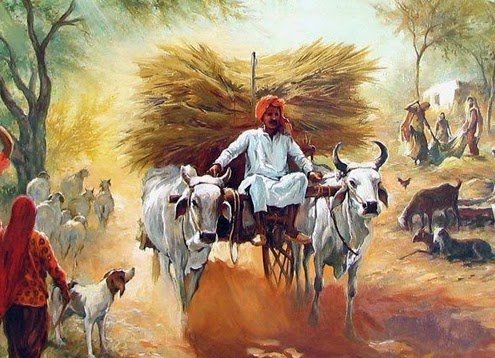
3. Poos Ki Raat
Yet another masterpiece from Premchand stories. Poos is a local word for Poush– a month in Hindu calendar that begins from mid December till mid-January. ‘Poos Ki Raat’ or a night of January is a heart-wrenching account of a farmer named Halku, who had no option but to pay off his debt with all the money he had been saving to buy a blanket for winters. Read ‘Poos Ki Raat’ to know how Halku managed to survive through the chilling winds, with just an old tattered blanket and his loyal dog by his side.
You can read the full story here.
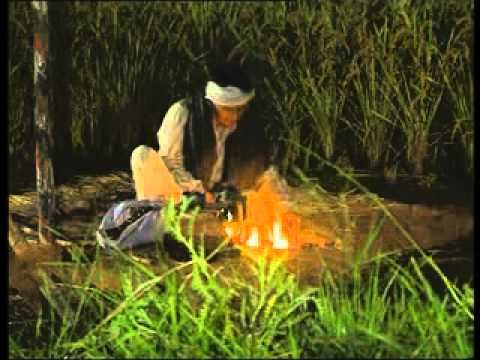
4. Eidgaah
We’ve all read this story at least once in our lifetime. 5-year-old Hamid lives with his grandmother after his parents pass away. They are extremely poor and his grandmother is barely able to provide him with two square meals a day. When it’s the time of Eid, everyone from the village is heading towards the Eidgaah for prayers. All the children are excited about the fair and all of Hamid’s friends buy sweets and beautiful toys. Hamid, who has the least amount of money among all his friends, is tempted seeing their toys and sweets but doesn’t give in. Instead, the thoughtful boy buys a pair of tongs for his grandmother, so that she doesn’t burn her hands in the flames while cooking. This poignant story of a young boy’s sacrifice and love makes everyone shed a tear or two.
You can read the full story here.
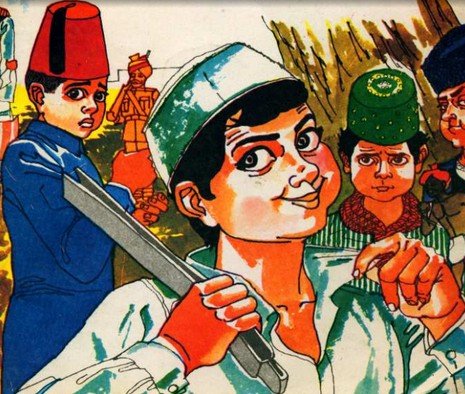
5. Thakur Ka Kuan
Thakur Ka Kuan throws light on the degrading condition of Dalits in the old days when they were denied clean drinking water by people from upper caste. When a Dalit woman Gangi’s ailing husband complains of an unbearable odour in drinking water, she asks him to wait until she fetches clean water from somewhere.
Determined to bring clean drinking water for her thirsty and ill husband, Gangi summons the courage and heads towards their village Thakur’s well, knowing fully well that she’d be beaten to death if she got caught. Thakur Ka Kuan will make you dread the caste-based discrimination in our country.
You can read the full story here.
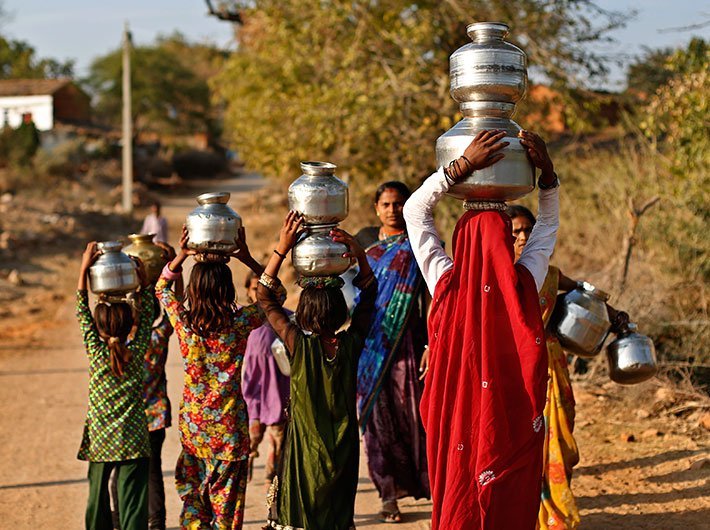
6. Boodhi Kaaki
Like most of his stories, this one highlights the struggles of a poor and helpless soul. This time, his central character is an old and blind woman whose husband and sons have died. With no one to look after her in this age, her nephew promises to keep her, but not before transferring all her property to his name. And now, the nephew Buddhiram and his wife Rupa, don’t even give her food to eat. Once during a function at their home, everyone enjoys eating sweets and pooris, ignoring the old Kaaki who’s starving of hunger. Unable to control herself any longer, the poor and frail woman lands in the middle of guests. This angers the heartless couple even more. The climax of this story, when Rupa finds the Kaaki quietly eating the leftovers, will melt even the toughest of hearts. With this story, Munshi Premchand gives out a message that old age is just a re-arrival of childhood.
You can read the full story here.
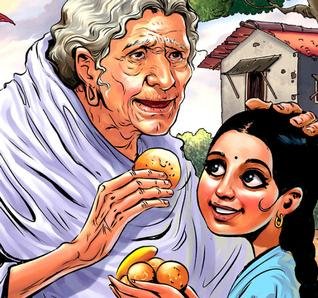
7. Namak Ka Daroga
Another soul-stirring gem from his stories, Namak Ka Daroga leaves a sweet taste in your mouth and tears in your eyes. Vanshidhar is newly appointed as the Daroga in the government’s salt department. Back in the day, salt was a precious commodity and its illegal trade was rampant. Despite his old father’s advice, encouraging him to make some extra money by accepting bribe, Vanshidhar is honest and just in his conduct. As it happens, Vanshidhar arrests a wealthy businessman, Pandit Alopideen for illegally trading of salt. No amount of money that Pt. Alopideen offered could get Vanshidhar to compromise on his morals. Eventually, the influential businessman is released of all the charges, leaving Vanshidhar disappointed. But the twist in the story comes when he turns up at Vanshidhar’s house praising his honesty.
You can read the full story here.
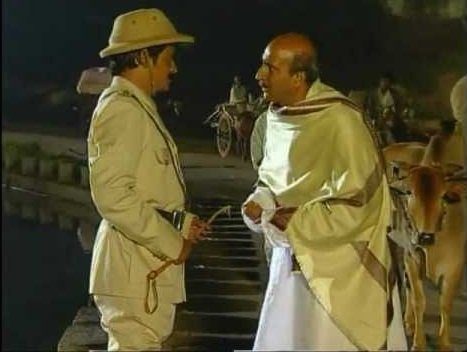
8. Bade Bhai Sahab
Bade Bhai Sahab is a light-hearted story of two brothers, one of whom is 5 years elder to the other. The elder brother’s rant about the importance of education and how ridiculous he finds it at the same time evokes much laughter. He often lectures his younger brother, who isn’t fond of studying and spends most of his time loitering around and playing. Despite that, unfortunately, every year, the younger one passes with flying colours while the elder brother fails. Nonetheless, the story ends with a solid lesson that it’s naive to disregard elders on the basis of their educational qualifications.
You can read the full story here.
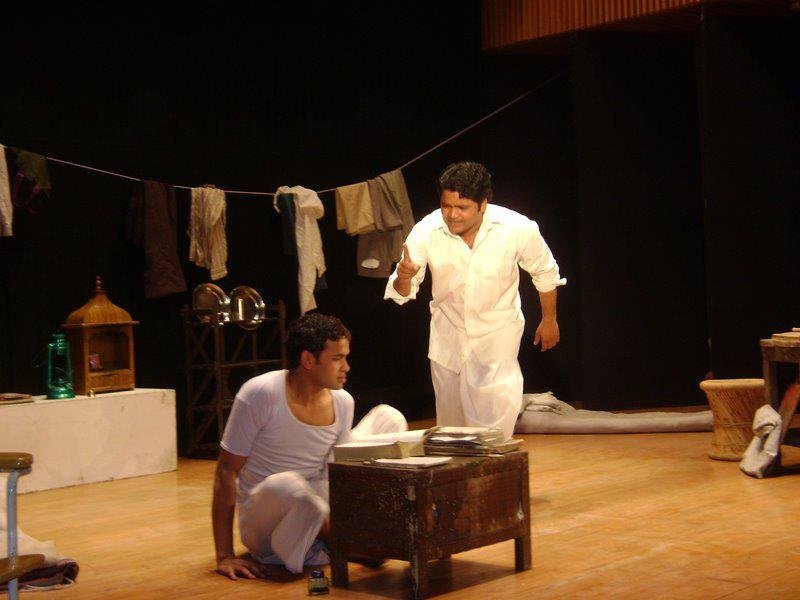
9. Nasha
Nasha is also set in the days of pre-independence before Zamindari was abolished by the government. Bir, the son of a poor clerk, was good friends with Ishwari who was the son of a rich landlord. They often got into debates and Bir staunchly criticised the Zamindari system with an argument that the landlords exploit the poor and that this whole system should be ended. Ishwari, on the other hand, believed that all the humans were not equals and that Zamindars were born to rule people. Despite this difference of opinion, the two were, nonetheless, good friends.
Once, when Bir was unable to go to his hometown because he didn’t have enough money, Ishwari takes him to his home. Upon reaching, he introduces Bir as one of the wealthy zamindars. Bir, enjoying the attention and respect that he gets from all of Ishwari’s servants, begins to live the lie, contradicting his own beliefs against the aristocracy. Nasha or inebriation does complete justification with its title as the story proceeds and how Bir is hit with the hard reality after he leaves.
You can read the full story here.
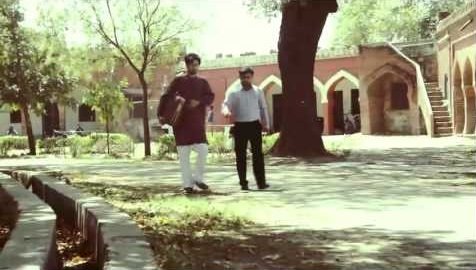
10. Panch Parmeshwar
Again an eternally relevant tale of two best friends, Jumman Sheikh and Algu Chaudhary, who blindly trust each other. But their friendship takes a U-turn when Jumman’s aunt approaches the village panchayat in hope for justice against her nephew, who forcibly took all her property and now ill-treats her. Algu Chaudhary, who is also a representative in the village assembly, is caught in a fix where he’s expected to deliver justice which could harm his friendship with Jumman. The story ends with a life lesson for all of us and that how each person perceives a situation from their own perspective.
You can read the full story here.
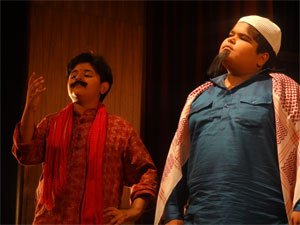
The world of Hindi literature will always be indebted to Munshi Premchand’s stories for his contribution.






